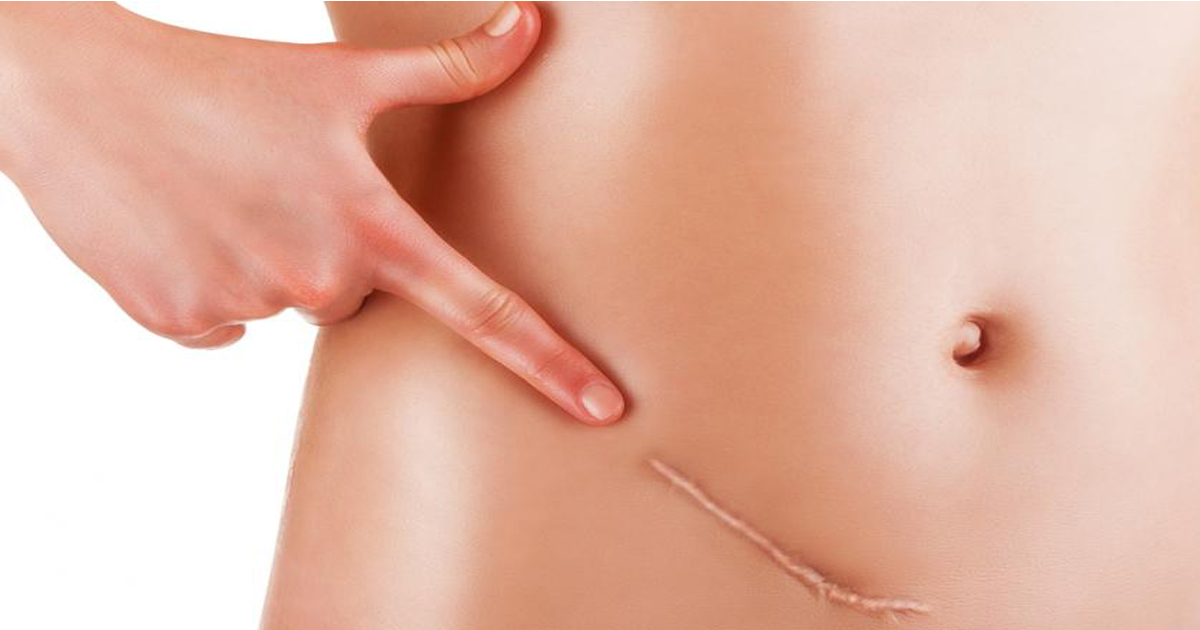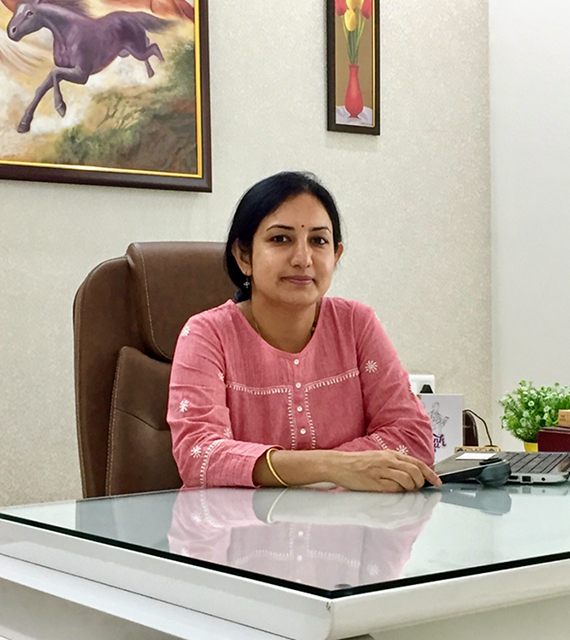
When the skin sustains damage, there is a possibility of scarring. Scars are mainly caused as part of the healing process of our body. In case of a surgery, even cosmetic surgery or making an incision in the skin, which typically requires cutting through all of the layers of the skin, can result in scarring.
The skill of a surgeon may not always prevent the chances of scarring. As the surgeon cannot control all the factors that determine a scar. While good incision care may help, there are multiple additional things you can do to prevent scarring.
Certain factors beyond control influence the ability to heal. These risk factors cannot be controlled but may help determine the severity of scar after a surgery.
Age: Skin loses its elasticity with age and becomes thinner. This is because of changes in levels of collagen which makes the skin elastic. The result of these changes, along with sun exposure, smoking, and other lifestyle issues, reduces the healing power of the skin.
Race: Some races are more likely to scar than others because of the difference in skin type and environment. African-Americans are more likely to form hypertrophic and keloid scars, which are an overgrowth of scar tissue at the site of an injury. People with a fair complexion may find their scars more obvious than a darker complexion.
Genetic inheritance: If you have a family tendency to scar heavily, you are likely to do the same. A surgeon may help you with the condition.
Size and Depth of Your Incision: A deeper incision is more likely to leave a scar as it cuts down many layers of the skin. This results in a longer healing process.
Healing power of your skin: The healing process may vary from one individual to another. Some are genetically blessed to heal quickly with minimal scarring, while others may have a slow healing capability.
Everyone wants to avoid the chances of the scar. Scars can be prevented by strictly following the surgeon’s instructions and taking control over a few habits.
Quit smoking: Smoking not only increases the risk of scars, but it can also slow down the healing process.
Alcohol dehydrates the body causing the skin to become dry: It is always advisable to avoid alcohol and focus on non-caffeinated drinks while your wound is healing.
Eat a balanced diet Increase protein intake as protein is the building block of skin. Hence, adequate protein is essential to allow your skin to heal. Meat and soy products ate an excellent protein source.
Hydrate your body Not taking enough fluids can dehydrate your skin. In severe cases, this can cause electrolyte imbalances and heart issues. In less severe cases, you will feel thirsty and your overall health will be diminished.
Body weight: Fat under the skin can work against the efforts to close the incision. Thus, if you are overweight, you may be at greater risk for scarring.
Prevent Infection: A good incision care is one of the best ways to prevent scarring after surgery.
Taking enough of rest will help your wound heal fast and reduce scarring effect.
Proper Wound Care Follow your surgeon’s instructions and take prescribed medication to prevent scars. General incision care techniques are essential to healing without scars.
Identify Infection It is important to identify the signs of infection and seek medical help immediately. An infection can impair healing and can lead to severe scarring.
Chronic Illness Diabetes and many other diseases can slow down the process of healing. It is important that the illness is well controlled during and after the surgery. As for a person with diabetes, the levels of blood glucose should be within normal limits to facilitate the healing.
Stress on Incision: Putting incision under stress by lifting heavy items, bending or stretching should be avoided. As it can create tension on the incision and delay healing, by making the wound larger, which also increases the size of the scar.
Sun Exposure: Avoid direct exposure of incision to the sun. Use protective clothing and sunscreen of SPF 30+. Your surgeon may suggest using ointments after a preferred time after surgery. However, it may be used when the incision is completely closed.
Following are the treatments that lower your chances of scarring:
Silicone Wound Treatment: Silicone wound dressings are used to protect the incision from stress and contamination without damaging the skin when it is removed. As per studies, silicone can help reduce scarring and is commonly used after plastic surgery.
Right Incision: The right placement of incision during surgery may help to either hide or minimize scars.
Prescription Medications: The surgeon may recommend some medications such as prescribed cleansers, ointments or a wound care regimen. It is recommended to follow it up strictly.
Massage: Massaging the scars under the supervision of a therapist may help it to heal faster. This should be done after the wound closes and any staples or sutures are removed. Massaging may help to even out bumps or lumps that remain after the healing process.
Steroid Injections: People who are prone to forming keloid scars, may get steroid injections to prevent the formation of another keloid.
Scarring after a surgery may be obvious, however, it varies widely from person to person and can be healed with certain treatments and needed skin care. Consult Dr. Savita Yadav to remove the Surgical Scars by availing relevant skin scar treatment in Gurgaon.

